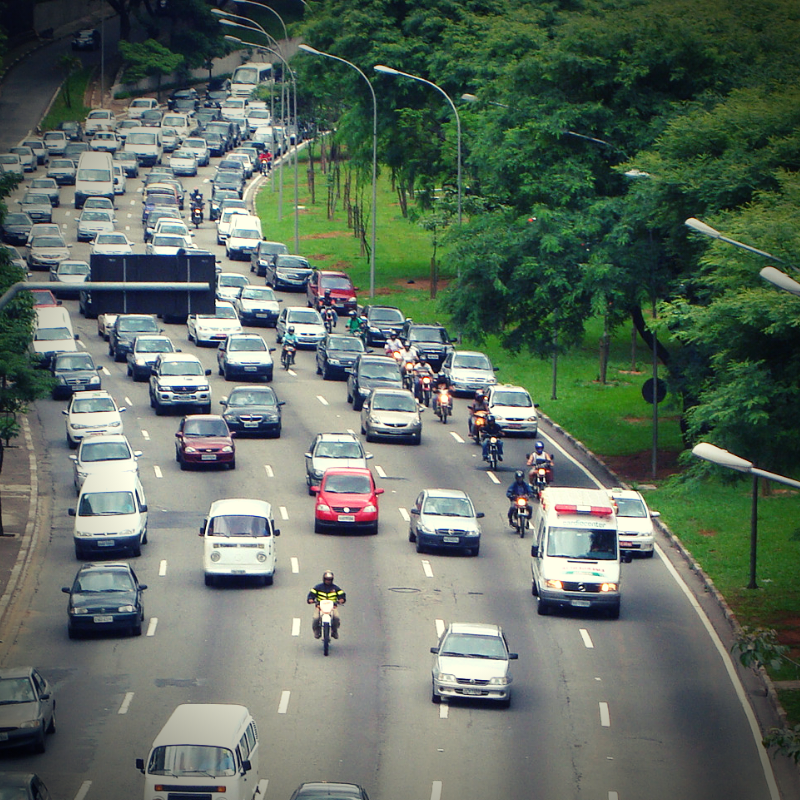To promote inclusive urban mobility with low emissions of air pollutants and greenhouse gases

Passenger transportation in Brazil mainly consists of individual motorized transportation: automobiles and motorcycles. This has a direct impact on greenhouse gas emissions and air quality in large urban areas, as fossil fuel consumption is high and the use of renewable fuels also generates local air pollutants. Even if cleaner sources of energy were used, the preference for individual transportation instead of collective transportation leads to other problems: road traffic victims, traffic jams and ostracization of low-income communities.
There are many ways to achieve low-emission urban mobility. As such, the Institute for Energy and Environment (IEMA) believes that its role is to assess the impacts of various scenarios and relevant policies for transitioning to inclusive urban mobility, with low emissions of air pollutants and greenhouse gases, which lead to global warming.
This is how IEMA contributes to the adoption of measures that reduce greenhouse gases and local pollutant emissions while expanding people’s access to the fair and safe opportunities big cities have to offer.